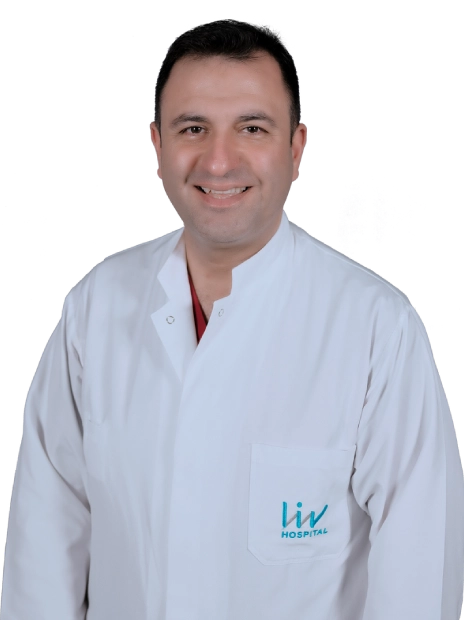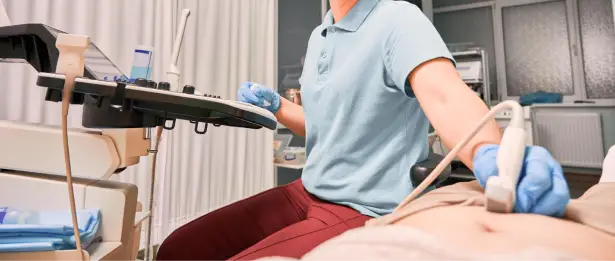Neonatal Intensive Care Unit (NICU)
.webp)
Last Update Date: 9/3/2024 11:32:17 AM
What is a Neonatal Intensive Care Unit
Neonatal Intensive Care Unit (NICU) is a medical unit where premature babies or babies with serious health problems who need special care immediately after birth are treated and kept under observation. These units have the necessary equipment and personnel to support and monitor the vital functions of babies and provide medical intervention when necessary.
NICUs are usually located within the hospital's neonatology department and are supervised by neonatologists, neonatal nurses, and other specialized healthcare personnel.
Applications Performed on the Neonatal Intensive Care Unit
Procedures performed in NICUs may include:
Respiratory Support: Premature babies may often experience breathing difficulties. In NICUs, these babies can be supported through respirators and ventilators.
Nutritional Support: Some newborns may not receive enough nutrition through traditional feeding methods. NICUs offer special nutritional solutions to these babies, providing intravenous (IV) nutrition if necessary.
Temperature Control: Newborn babies often have difficulty regulating their body temperature. NICUs can use special heating systems to control babies' body temperature.
Monitoring: In NICUs, babies' heartbeats, respiratory rates, blood pressure and other vital functions are constantly monitored.
Infection Control: Special precautions are taken in NICUs to reduce the risk of infection. Sterile environments are provided and the personnel strictly follow the hygiene rules.
Liv Hospital Neonatal Intensive Care
Liv Hospital Neonatal Intensive Care Unit allows babies to receive the most adequate treatment with its specialized team and advanced technological incubator-like equipments.
Babies in separate rooms in intensive care
Getting severe infections in the hospital can negatively affect the brain development of babies and leave serious sequelae for life. In order to eliminate this risk of infection, each baby in the Liv Hospital Neonatal Unit receives intensive care service in separate rooms, a first in Türkiye.
In our clinic, nosocomial infections are not observed in newborns. We are extremely selective in the rational use and administration of antibiotics to all babies in the unit.
A separate room for each premature baby
The infection rate in the Liv Hospital Neonatal Unit is only 2 percent since premature babies, who especially require sensitive care, are given the necessary treatment and care in separate rooms. While this figure is around 15-20 percent on average internationally, the survival rate in very small in babies born under 1,000 grams in our hospital is 100 percent.
In cooperation with experienced physicians
While recuperating the babies, a multidisciplinary approach is adopted with support from other units when necessary. Cooperation is made with experienced physicians in the pediatric neurology, pediatric cardiology, pediatric endocrinology, cardiovascular surgery, retina and brain operation branches.
Examinations are performed at the incubator
In our unit, tests such as ultrasound imaging, direct radiological imaging, retinal examinations, hearing tests, brain EEG and heart echo can be performed without moving babies from their beds. Thanks to portable technological services, medical examinations of babies are provided in a comfortable and safe environment.
Advanced premature babies are discharged healthily
At the Liv Hospital Neonatal Care Unit, where neonatal intensive care technology and experience are combined, advanced premature babies and newborns in other risk groups can be discharged healthily. Newborns who had a risky birth may need to be monitored in the Neonatal Intensive Care Unit (NICU) after the birth. All patients discharged from the NICU must visit the High Risk Infant Follow-up Clinic.





